Curriculum
Introduction
St Joseph’s College is a school like no other. The design of our curriculum is centred on the development of the whole person, and whilst maintaining statutory requirements, we aim to go above and beyond, offering our students an exceptional learning experience. At St Joseph’s College, our curriculum strives to drive aspirations and enable our students to meet the demands of an ever-changing world with confidence. Our curriculum is underpinned by the Catholic ethos of the school, which permeates all that we do.
On entering the school, pupils are grouped into mixed ability forms. They are not streamed and are taught in their form classes for all subjects in the first and second years of study with the exception of partial streaming in maths from Year 8. In order to support the practical nature and use of equipment DT, Music, Art and Computer Science lessons are taught in smaller groups. Curriculum coverage through key stages 3 and 4.
St. Joseph’s College offers a broad and balanced knowledge-engaged curriculum, which facilitates learning – ‘a change in long term memory’. It is well-sequenced and there are planned opportunities for retrieval practice, frequent checking for understanding and regular low-stakes quizzing. All students are encouraged and supported to achieve their full potential and we believe that by challenging all of our learners, they will become the best version of themselves. Our students are encouraged to read for learning as well as to read for pleasure. Our curriculum also ensures that students have myriad opportunities to use numbers, interpret data and understand increasingly complex mathematical patterns.
We maintain the highest expectations of all of our students, both academically and in terms of behaviour. Our curriculum is designed to be inclusive and we aim to instil in our students confidence, resilience, and compassion for those in need. We do this by providing a range of leadership, volunteering, performance and stewardship opportunities within our classrooms, our community and beyond.
We provide high quality careers guidance to our students so that they can make the best and most appropriate choices about their future, especially at key transition points throughout their journey through the school.
Key Stage 3 – Years 7-9
During their first three years at St Joseph’s College, students build on their successful work in Key Stage 2 to develop the knowledge and understanding which form the foundation for future study at Key Stage 4 and beyond. Our Key Stage 3 curriculum includes the following subjects: English, Mathematics, Science, Religious Education (incorporating RSE), French, Spanish, Geography, History, Art, Design Technology, Music, Drama, Physical Education, Computing and Personal Development. Here are the subjects we study at key stage 3.
Key Stage 4 – Years 10 and 11
At Key Stage 4, all students embark on a rigorous academic curriculum, with the vast majority taking the English Baccalaureate subjects. The English Baccalaureate pathway incorporates our core curriculum of English, Maths, Science, Religious Studies, French or Spanish along with either Geography or History.
In addition to the core subjects, students are given the opportunity to select a pathway appropriate to their needs and aspirations. The range of subjects students can choose from within these pathways is extensive and diverse, ensuring that students have a broad range of qualifications at the end of the key stage. Here are the subjects we study at GCSE.
Key Stage 5 – Years 12 and 13
Our 6th form is unashamedly academic and students primarily study A level qualifications, enhanced by a few specialist Level 3 courses, in order to embark on university courses and Higher Level Apprenticeships. Here are the subjects we study at A Level.
Please reference the SEND Information Report and Policy to understand how we ensure that the curriculum is accessible for those with disabilities or special educational needs.
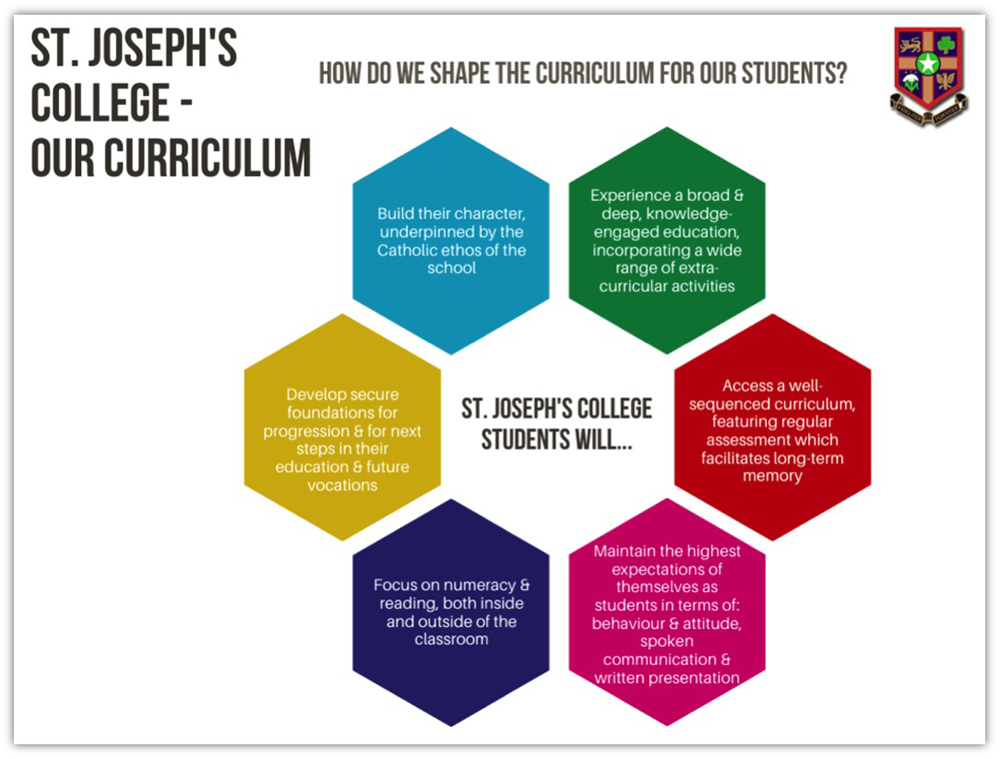
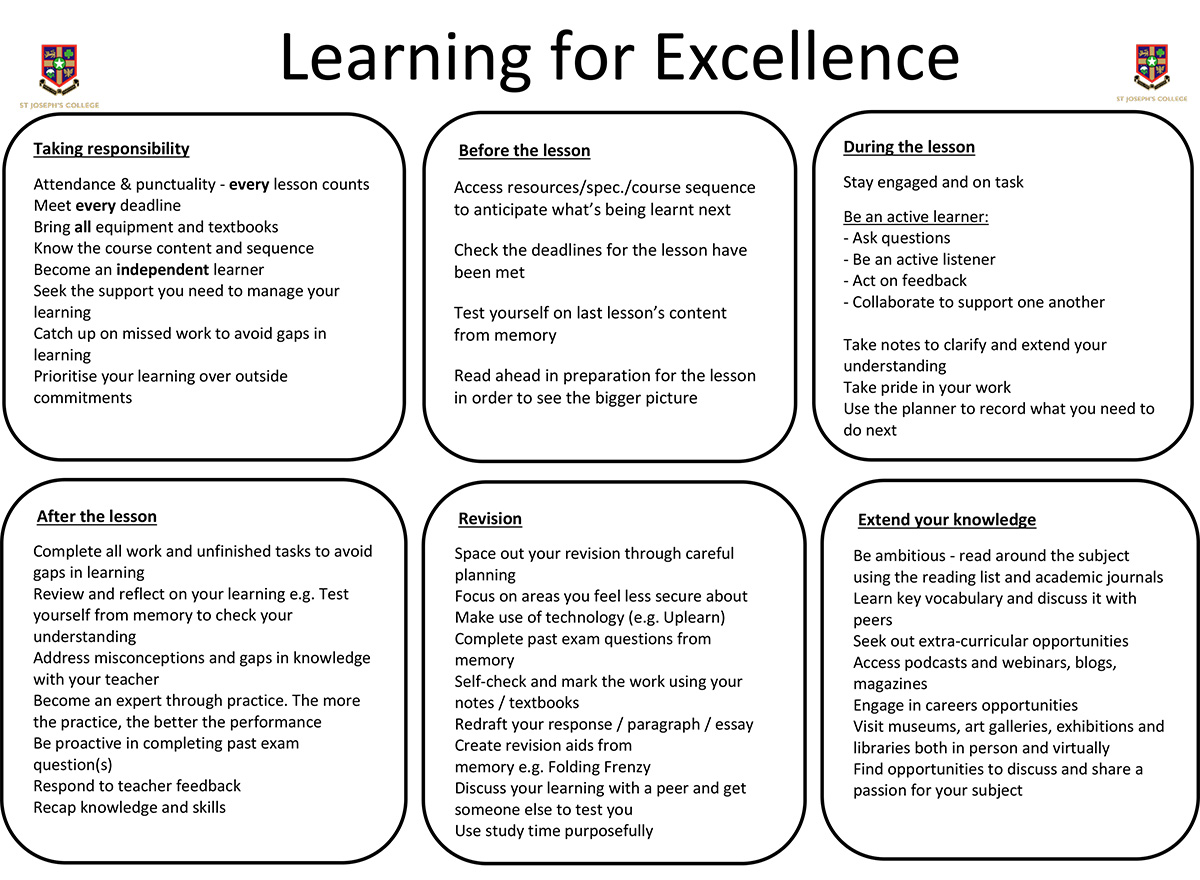
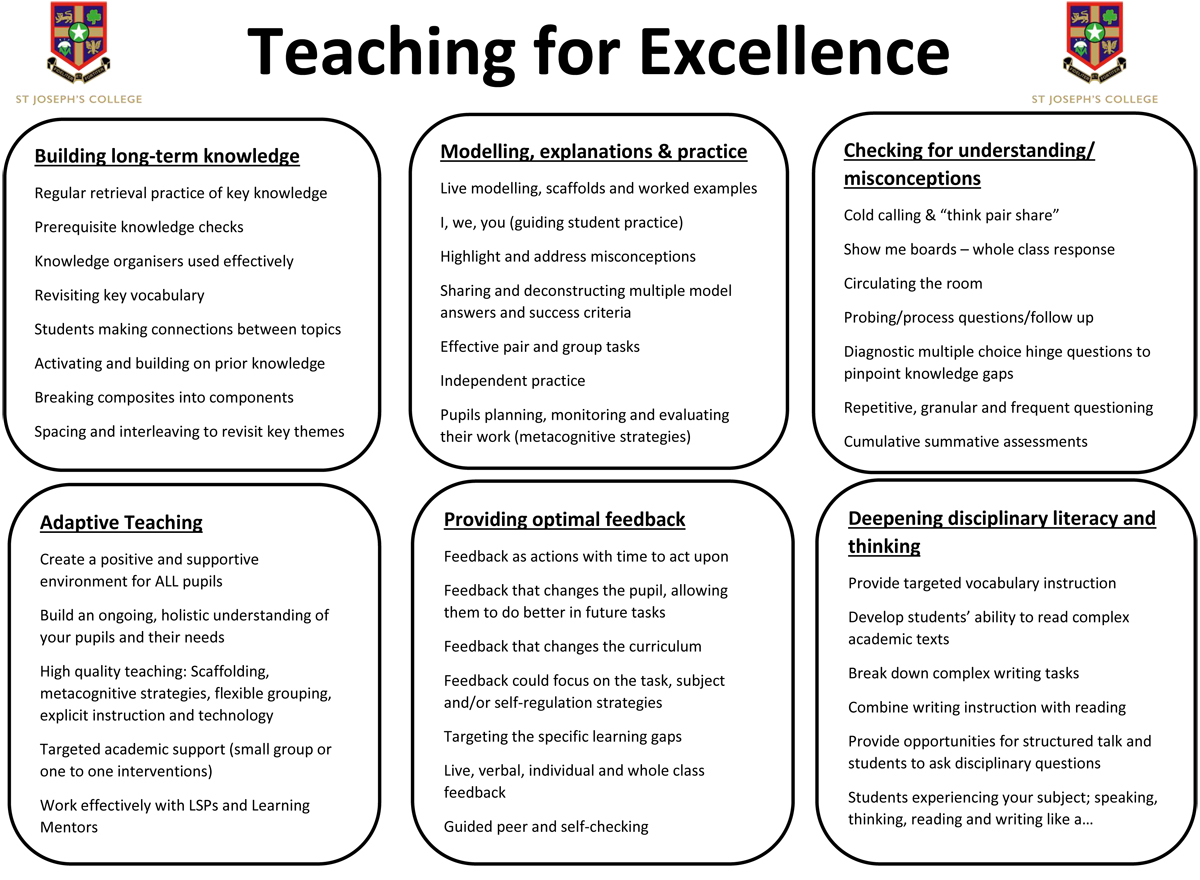
Teaching and Learning at St Joseph’s College is based around the Teaching for Excellence and Learning for Excellence frameworks. These frameworks are used to create a shared understanding of high quality teaching.
St Joseph’s College Curriculum Statement of Intent
-
The fundamental aim of the art department is to enable students to develop an enquiring mind and the technical skills to express themselves confidently and creatively; with feelings and imagination. By providing a broad range of exceptional quality teaching and learning experiences that are delivered with the best resources we can provide; we seek to raise student aspirations, confidence, self-belief and achievement. Our aim is to lead in good practice and to provide a rich and diverse range of artistic opportunities that are shared and celebrated both across the curriculum, in our school community and beyond.
We believe that study of the practices, techniques, ideas and work of artists, photographers and designers will open an exciting world for all participants that enable them to express themselves in a skilled, unique and personal way. Our philosophy encourages students to become independent and resilient learners who develop their own original and thought provoking artwork.
-
At St Joseph’s College, our curriculum will serve to extend student’s knowledge, understanding and application of biological knowledge such that we develop our students into young people who can more fully make sense of the world around them with greater biological clarity. The intent is to promote a fascination for the subject through driving understanding of the real world relevance and importance of biology from the historical journey which has driven our current understanding, to the way we live now and looking forward, to the importance and potential of biology in future.
Students will study a stretching and engaging curriculum which will drive a sense of curiosity in biology knowledge, to enable them to view the very small to the large, from a single cell to their own bodies and to the world around them with a sense of awe and wonder. They will also have the opportunity to develop their reading, writing, numeracy and oracy skills, building their confidence and their ability to critically analyse and consider data, and problem solve, enabling them to flourish in the wider world.
As part of the science curriculum, we will strive to ensure that we share research and achievements from a diverse array of scientists past and present and to embed in our teaching the promotion of the vast array of STEM careers that knowledge of science can open up.
-
Our aim is to create the very best Economics and Business Studies students.
Economics plays a role in all of our everyday lives. The Economics curriculum aims to provide our students with an understanding of their place in a dynamic, global economy. Studying economics enables students to understand past, future and current models, and apply them to societies, governments, businesses and individuals. Students will develop essential skills such as analysing and interpreting data, building rational and logical
arguments and making clear, convincing judgements. Economics combines both creativity and rational thought and students will confidently use a wide range of mathematical skills and balance these with strong communication skills, both written and verbal.The aim of the Business Studies curriculum is to equip students with the appropriate to support their progression into further study. We encourage students to be analytical thinkers and problem solvers. The course stresses the importance of discussion, alternative points of view and being able to create an argument and make judgements- skills which are all highly sought after and valued in a wide range of careers. The Business Studies curriculum will help shape students and inspire them to enter into the world of business.
The Business and Economics curriculum goes beyond what is taught within lessons and although the priority is for all students to achieve the very best examination results, we also develop skills such as being able to use initiative, developing leadership skills and being able to articulate themselves clearly using Business and Economics vocabulary. Opportunities are given for pupils to access real world examples and current events through the use of news articles and the reading of case studies. This helps to keep students engaged and informed and links directly to their learning and assessment.
It is also our intent that the curriculum will help to ensure that our students are well rounded individuals, in keeping with St Joseph’s College ethos to develop the whole person. In Business Studies pupils will be required to consider the health, social, moral and ethical issues surrounding business decisions and the impact that businesses can have on a wide range of stakeholders. Alongside the fundamental economic analysis, students will be challenged to consider the ethical principles and moral or ethical problems which so often arise when implementing public policy. The curriculum will make certain that students not only know about our world, but will also challenge them to consider how best to live in our world.
-
The aim of the KS3 Chemistry curriculum is for students to master the key skills and apply their knowledge to challenging and unfamiliar contexts. We have planned and implemented a rigorous curriculum, which builds on the prior learning and skills acquired at KS2. The content studied and skills acquired during Year 7, are revisited and extended on in Year 8.
The KS3 Curriculum provides a solid foundation for the rigour of the content at GCSE. The KS3 curriculum is delivered across two years and GCSE courses commence in Year 9. This maximises the opportunity to revisit the foundation topics of each specialism, and for students to make greater connections between content across the topics.
In Year 7, students’ understanding of Working Scientifically and lab safety, are likely to vary due to variation in Science provision between primary schools and therefore initial lessons are spent reinforcing expectations for safety in the laboratory and planning investigations. The curriculum has been designed to engage learners through practicals and demonstrations, and help them develop their skills for Working Scientifically, while acquiring new knowledge across four distinct topics.
The Year 8 Curriculum builds on the knowledge and skills gained in Year 7. It covers the remainder of the KS3 Science National Curriculum. Students continue to develop their skills and acquire new knowledge, in addition to revisiting and building on the content covered in Year 7.
Our sequence of topics and lessons is followed by all to ensure all students are delivered same coherent curriculum, with content delivered in the same order.
Physical Chemistry
- The Particle Model
- States of Matter
- Diffusion
Molecular Chemistry
- Elements
- Atoms
- Molecules
- Compounds
- Chemical formula
Chemical Reactions
- Word Equations
- Burning Fuels
- Thermal Decomposition
- Conservation of Mass
- Exo & Endothermic Reactions
Neutralisation Reactions
- Acids & Alkalis
- Indicators & pH
- Making Salts
The KS4 chemistry curriculum completes the KS3 program of study during year 9 and gives progression from key stage 3 national curriculum requirements to the possibility of development into A level. All students selecting the separate chemistry or trilogy award are taught the higher tier content and challenged to use key models to explain their thinking and illustrate their examples. To ensure an appropriate level of challenge and aspiration, pupils are encouraged to answer problems with structured answers which take into account, sequence, cause & effect and use of appropriate units & level of precision. Advanced level problems will be used to further challenge learners where appropriate. Students are encouraged to appreciate the achievements of chemistry in showing how the complex and diverse phenomena of both the natural and man-made worlds can be described in terms of a small number of key ideas which are of universal application. The curriculum covers powerful knowledge and skills as listed below and links them into important contexts such as air pollution, global warming and obtaining potable water.
At KS5 the study of Chemistry provides the opportunity to further develop a knowledge and understanding of the principles which were studied at GCSE. The AQA Syllabus is intended to be a natural extension of GCSE. With the aim to develop crucial knowledge and understanding of the core areas of chemistry, develop their interest in and enthusiasm for the subject, including developing an interest in further study and careers associated with the subject.
-
Big Question: What are computers?
Our curriculum is designed the answer the following big question, what are computers? To do this each unit is designed to address this question and focus in on a different aspect of Computer Science. We aim to deliver a balance of theoretical and practical experiences to fully explore the big question. We revisit and build upon prior knowledge every year, building both the practical programming ability of the students and the theoretical understanding of how computers work.
In the practical aspects of computer science, we will start in Scratch which is an environment many will have experienced in KS2 but to look to develop the key understanding around the 3 programming constructs (sequence selection and iteration) early on in KS3. We then follow up with VB.NET, revisiting the programming constructs and adding development of the thinking skills of the students and developing their confidence to solve problems independently using their programming. Practically we will also look at HTML, CSS, work with Adobe Photoshop and Microsoft Office in order to provide an ambitious and wide range of practical computer science experiences.
With the computer science theory we look at how computers work, starting with binary, input/output and computer hardware and developing that over key stage 3. We revisit these ideas on several occasions and in different contexts such as networking, logic circuits, images, sound and text in binary and many more. We also look at the internet considering how exactly the internet works and e-safety, ensuring that students know how to recognise the dangers they may face when online. Our ambition is to give the students a well-rounded curriculum regarding the theoretical concepts of computer
science. -
Our intention is to inspire our students with a love for all things D&T to allow them to become confident individuals with inquisitive minds who will have the courage, skills and knowledge to thrive and become better prepared to deal with ever changing world.
D&T at St Joseph’s college encourages students to become independent, creative problem-solvers and thinkers as individuals and as part of a team – making positive changes to their quality of life. It enables them to identify needs and opportunities and to respond to them by developing a range of ideas and by making products in a wide variety of material areas.
The curriculum encourages students to ask questions and seek answers when creating new ideas, acquiring new skills and draw on disciplines such as mathematics, science, engineering, computing and art. We challenge students with engaging design briefs and instil a sense of curiosity within the students by enabling them to create work of their own inspired by well know design movements, designers, architects or engineers such as Memphis Group and Bauhaus as well as celebrating our local industrial heritage. The food nutrition and preparation curriculum develops the students’ knowledge and understanding of the healthy eating guidelines and encourages them to prepare exciting dishes and explore international cuisine which reflects the cultural diversity of the school population. In textiles students are challenged to develop their creative ability and to explore and experiment with a wide range of materials and techniques.
The D&T curriculum allows students to develop an appreciation of design, creativity and their own identity as young designers. Design and technology offers students a chance to use creative thinking and activity within a defined purpose and tangible outcome. The principles of D&T can be found in many of the products that students use each day and is a part of their immediate life experience.
Food
Product Design
Textiles
-
The English department at St Joseph’s College aims to develop great thinking English students who use the English language to interpret themselves and the whole of society with world-changing insight.
The journey of Literature throughout the ages is one in which writers have endeavoured to make sense of, explore and question the wonderful complexities of the human psyche through the power of our always-changing, multi-cultural and ever-diversifying English Language. It is therefore logical and vital to take students on this journey: from the study of Greek theatre in year 7 where ancient philosophers first used drama and poetry to explore what it means to be human through to the Enlightenment, Romantic, Gothic and Modern eras in years 8 and 9 to chart the impact that social, political and industrial changes have on the ways that writers interpret people and the world in which they live.
The works of Shakespeare are studied in every year of Key Stage 3 as his scrutiny of: human relationships, human weaknesses, the way prejudice in its many forms can erode a society and the power of language to manipulate and inspire, delude and delight, degrade and enlighten is always relevant to young people trying to navigate their way through an unstable and insecure modern world.
Key Stage 3 therefore establishes firmly the foundations of knowledge and analysis required for success at GCSE level: where the study of Lord of the Flies will draw upon their knowledge of the dystopian genre from year 9 as well as Shakespearean themes of power and ambition encountered as early as year 7 and where the study of poetry throughout the ages will enable students to revisit their knowledge of such traditions as romantic and classical poetry from years 8 and 9. In addition, their experience will be
enhanced by the ways in which the English Department, in conjunction with other departments, encourage students at each stage to make productive links between academic units across subjects: their study of the innate evil in humanity in the works of Golding and Shakespeare at GCSE will echo their year 8 studies of the Gothic era as well as the theories of Darwin studied in their Science lessons during the same year.At all stages and in all units, the constant reinforcing and retrieval of key language skills is essential, whether studying literary or non-literary fiction and non-fiction. Each unit comes with a knowledge booklet which forms the basis for in-depth study, each one containing a range of literary and linguistic tasks which promote the sophisticated exploration of each genre. Key reading skills of inference, evaluation, comparison, synthesis and the analysis of language and structure are woven into all four units of each academic year and a range of imaginative writing tasks aim to hone the skill of writing engagingly and compellingly for a variety of purposes and audiences.
-
Vision
The curriculum vision for geography at St Joseph’s College is to spark a lifelong curiosity and fascination about our planet. It strives to offer ambitious breadth and depth of powerful knowledge, skills and critical thinking, providing students with the tools to understand and navigate a complex and rapidly changing world. Our curriculum is a discipline that makes a vital contribution in helping all young people learn about their world and complex interactions and interconnections between both human and physical processes and underpins a lifelong ‘conversation’ about Earth as the home of humankind and all species.
Purpose and aims of study
Our curriculum is ambitious and follows the structure and guidance from the National Curriculum for geography. It has been designed and evolved to build on student’s skills and knowledge by sequencing topics and lessons that allow effective long term learning to occur. Powerful knowledge has been at heart of our planning so we can work with our students to foster a learning environment and culture that allows progress for all.
The aims of our geography curriculum are:
- Build strong place knowledge on a local and global scale.
- Develop knowledge of different human and physical geographical processes and their interdependence. How these connected processes affect and change places socially, economically and environmentally.
- Develop competent use of a range of geographical skills allowing them to become effective interpreters, analysts and communicators.
Research underpins our practice:
Substantive knowledge – Sets out the content that is to be learned. The national curriculum and other geography education literature presents this through 4 interrelated forms:
- locational knowledge,
- place knowledge,
- human and physical processes (the geography community also includes ‘environmental’ as
part of this), - geographical skills.
Disciplinary knowledge – Considers how geographical knowledge originates and is revised. It is
through disciplinary knowledge that pupils learn the practices of geographers.Overview
-
At St Joseph’s College, history will serve to extend student’s chronological knowledge and deepen understanding of British, local and world history. Students will study a curriculum which will hopefully arouse their curiosity about the world that once was, and what it is today. Our demanding and engaging curriculum will hopefully encourage a love of studying key events and historical issues.
Our fundamental aims are for students to appreciate how people in the past were ruled, how they lived, what they believed and how we know this. Engagement of both the stories of the past, analysis of sources of evidence and the evaluation of scholarship is a key part of our approach in enabling students to develop an ability to explain and analyse past events, make links between events, evaluate concepts such as causation, consequence and continuity and change. Studies will identify significant events, make connections, draw contrasts, and analyse trends within periods. Each topic will address the wider religious, economic, social and political impact on peoples lives. In each topic, students will use historical terms and concepts and explain why contrasting arguments and interpretations of the past have been constructed. We strive to ensure that the stories of the past we share are diverse of ethnicity, gender and class. We hope that the history curriculum we study will help students to appreciate their place in the world, as their knowledge of past events will help them to understand the diversity and tolerance embedded within our country’s modern-day values. It will also aid them in making future career choices through the excellent and regular opportunity for students to practice the wide range of skills needed for work.
Students will also have the opportunity to develop skills which will enable them to flourish in the wider world. We will support students in their exam preparations by helping them to become resilient and confident independent learners. Students will also have the opportunity to develop their reading, writing and oracy skills to build confidence and their ability to critically analyse and think.
-
In line with the national curriculum we intend to ensure that all students:
- become fluent in the fundamentals of mathematics, including through varied and frequent practice with increasingly complex problems over time, so that pupils develop conceptual understanding and the ability to recall and apply knowledge rapidly and accurately,
- reason mathematically by following a line of enquiry, conjecturing relationships and generalisations, and developing an argument, justification or proof using mathematical language,
- can solve problems by applying their mathematics to a variety of routine and nonroutine problems with increasing sophistication, including breaking down problems into a series of simpler steps and persevering in seeking solutions.
If these aims are successfully implemented then we believe that all students will:
- be supported,
- be challenged,
- have the opportunity to enjoy studying mathematics.
The impact of this will be that we have an effective department and this will be measured
through a triangulation of evidence:- strong outcomes achieved and excellent progress made by students in external assessments,
- high quality of teaching and learning observed in formal lesson observations and learning walks,
- constructive discussion of teaching and learning between and across subject leadership, teachers and students.
Overview
-
We aim to create the very best linguists. We challenge students to think, speak, act and write like excellent learners of French and Spanish at all levels of study. We do this by equipping all our students with the knowledge and skills to succeed in language learning, encouraging and inspiring them with quality first teaching, broadening their awareness of other countries, cultures and communities so that they may consider themselves “World Citizens” who belong in a multicultural, mutually respectful world. By the time they leave St. Joseph’s, we want our young people to have developed a love of languages, strong life-long linguistic skills, a linguistic curiosity and an intrinsic motivation to explore and respect other cultures and communities, thus equipping them with the skills to deepen their language knowledge and undertake employment in an increasingly globalised economy.
As a knowledge engaged curriculum, we believe that knowledge underpins and enables the application of skills. As a department, we define the powerful knowledge our students having a carefully planned progression with content and skills clearly identified in our medium to long-term plans. Our lessons revisit and build on existing knowledge. We are clear from the outset about our intent to teach grammatical structures, syntax and vocabulary; using the correct terminology and making explicit links to English and other foreign languages’ systematization. We emphasize the importance of recycling language within a lesson, a sequence of lessons and across the years to fully embed skills and vocabulary acquisition.
Our curriculum goes beyond what is taught in lessons, for whilst we want students to achieve the best possible examination results, we believe that we also build the Cultural Capital of our students by embedding their linguistic skills within a framework which goes beyond their own cultural experiences. Language is recycled, revisited and recalled.
Modelling encourages our students to communicate and authentic resources are employed to offer immediacy and authenticity to modern language learning. Youtube, songs, music, film clips, texts and listening resources are all commonplace in the MFL classroom as well as regular assessments and “low stakes” retrieval practice.
-
Curriculum Statement
Our aim is to successfully teach our students to listen, understand and appreciate world music and to experience inclusive performance and the process of Composition. These three essential elements of Music are taught and developed together with the aim to build personal skills that students can draw upon to succeed, not only in music lessons but also beyond school life and in future employment. The life skills that are developed, and are at times explicitly taught, are an integral part of the development of the subject specific skills as well as creating well-rounded individuals. The core principles that we aim to develop are: Problem solving, perseverance, diligence, team work, time management, organisation, responsibility, cultural history, listening skills, confidence, social skills, discipline, self-evaluation, interpersonal skills, sense of achievement. Opportunities are intrinsic for students to be able to hone and develop the practical aspects of performance and composition.
Curriculum Features
The curriculum is structured based on the expectations for traditional GCSE & ‘A’ Level Music and Level 2/3 Vocational pathways. Therefore, we offer four exam boards at this centre. key concepts and skills required by the end of these courses are fed down into schemes of work from Year 7 upwards. This is designed to raise expectations and standards from the start of Key Stage 3 and ensure that musical knowledge is being understood both practically and theoretically. Year 7, 8 and 9 will study various musical genres, (historical and cultural) and through these different cultures and styles will explore, develop and refine their musical skills. Each project will focus on one of the 3 subject specific skills mentioned in the opening statement, so that over the key stage students will return to these concepts enabling them to build and advance their knowledge and skill set further as the progress through the Key Stages.
The Extended Curriculum
Our extensive extra-curricular music programme enables and supports musicianship in students of varying abilities, giving opportunities for students to experience a wide variety of genres and musical ensembles. As well as all-inclusive ensembles for mixed ability students who want the enjoyment of performing with others and developing their musical skills, such as Junior Orchestra and Choir, we also offer students the chance for more advanced musical groups such as Senior Orchestra, PA Choir and Mass Bands. These ensembles are able to challenge the students and prepare them for further studies in the field. The School Production (Feb 2022) is another opportunity to stretch and challenge the students; either by performing in the Production Band (for students Grade 5+ on their instrument) or by auditioning to be a member of the cast, where the expectation is that all cast members and musicians develop performance talent and professionalism. These clubs/events are not only to encourage enjoyment in the arts but also for students to learn about professional expectations and performance discipline. Students are also able to access our department reward system by taking on a leadership role within the department and developing their own musical skills as well as supporting younger students with their music making.
Overview
-
At St Joseph’s College, the PSHE curriculum is known to all as ‘Personal Development’. The Personal Development Curriculum at St Joseph’s College aims to equip young people with essential skills for life; it intends to develop the whole child through carefully planned and resourced lessons that develop the knowledge, skills, virtues and attributes young people need to protect and enhance their wellbeing. Through these lessons, students will learn how to stay safe and healthy, build and maintain successful relationships and become active citizens, responsibly participating in society around them.
Personal Development aims to cover a wide range of the social and emotional aspects of learning, enabling children to develop their identity and self-esteem as active, confident members of their community. The themes and topics support social, moral, spiritual and cultural development and provide children with protective teaching on essential safeguarding issues, developing their knowledge of when and how they can ask for help.
St Joseph’s College’s Personal Development curriculum is based on the Learning Outcomes and Core Themes of the PSHE Association Programme of Study (Health and Wellbeing, Relationships and Living in the Wider World). The scheme of work, alongside RSE taught in Religious Education, fulfils the requirements of 2020 Statutory Relationships, Sex and Health Education, setting these learning intentions in the context of a broad and balanced Personal Development curriculum.
Personal Development curriculum map
-
What we are trying to achieve?
- To foster a love and passion for physics in our students and an understanding of the relevance of studying physics to develop their cultural capital.
- To foster curiosity and resilience by ensuring that our students develop a mastery of the fundamental skills and knowledge in physics.
- To develop a recognition of how and when physics underpins the Catholic character of the school through our Scheme of Learning (SoL) and delivery so students do not view science and the Catholic life of the school as separate.
- To develop student confidence and independence during practical work, with a core understanding of how science works; the scientific method.
- To develop the literacy and numeracy skills of students by embedding them into lessons.
- Success criteria will be supplied for lessons and tasks which are well constructed enabling students to take their learning forward.
- National policies such as British values, PSHE, SMSC and RSE are built into the Scheme of Learning. This also includes links with industry and higher education in order to promote career ambitions as part of the school’s CEIAG provision.
- To provide an effective transition from Key Stage 2 (KS2) through to KS5. This includes a curriculum plan as a logical skill and knowledge-building sequence of lessons.
- In Years 7 and 8 students follow a programme that aims to build upon the skills from KS2 and ensure a depth of understanding of the key scientific concepts. This follows the KS3 National curriculum.
- 100% of students will study science at a GCSE level.
- In Years 9, 10 and 11 students will study either the separate sciences or the combined science (trilogy) GCSE depending on the pathway/ options they are in.
- A-level physics is available for students who achieve at least a grade 6 at GCSE and also achieve at least a grade 7 in GCSE maths.
Overview
-
Physical Education plays a pivotal role in the life of St Joseph’s College. Our aim is to give each student the
opportunities to reach their potential in all areas of Physical Education by providing a balanced, rich and varied curriculum.We aim to contribute to the overall education of young people by helping them to confidently lead full and active lives through engaging in fun and purposeful challenging physical activity and sport. As well as developing core skills and tactical awareness we also strive to enhance educational qualities such as leadership, social and communicative skills, aesthetic appreciation, problem solving, character training and morals within a competitive environment ensuring fairness and respect are given the highest regard. St Joseph’s College students should be “Strong in adversity, humble in fame!”
Healthy balanced lifestyles play a major part within the programme of study. We offer students the opportunity to experiment, investigate, observe and discover for themselves, various principles of training and exercise methodology. This understanding will prepare them to make health related decisions in the future.
We work hard to provide opportunities for all students to achieve the highest possible standards, nurturing talent, identifying potential and inspiring and encouraging participation in complex and demanding physical activities. Our extra-curricular programme is central to being part of the school community. Sports tours and trips are also organised when possible, we firmly believe this enriches and broadens the educational experiences open to all our students.
During PE lessons students cover a broad and varied programme including invasion, net games, gymnastics, athletics, dance, OAA and various leadership opportunities.
GCSE (9-1) PE : The two year GCSE course includes the compulsory study of theoretical concepts: Applied
Anatomy and Physiology, Physical Training, Sports Psychology, Socio-Cultural influences and Health, Fitness and Well-being. Students also have to demonstrate their physical prowess in the practical component of the NEA which is examined via the performance in practical assessment and their evaluative and analytical skills through the PEP.At KS5 we offer A Level PE, which covers; Physiological factors affecting performance, Socio-cultural issues in physical activity and sport and Psychological factors affecting performance. Practical Performances and Evaluating and Analysing Performance for Improvement.
Many universities now demand students have A-Level PE as a basis for pursuing sport related courses. Physical Education combines well with any other subject as it has a strong cross-curricular element with its Sports Science and Socio-Cultural units of study. Sixth Form students have a two hour games lesson on Wednesday afternoons, with a range of on-site and off-site options available to them.
-
We aim to create the very best version of individual students in terms of being thinkers, analysts and communicators. The aim of the A-level Politics curriculum is to equip students with the knowledge and skills needed to be able to understand the ever changing world around them (specifically UK and US) and to be able to communicate their analysis of current and historic events in the context of structural, cultural and rational positions.
Our curriculum necessarily goes beyond what is taught in lessons. Cultural capital is developed in Politics by students engaging with the news and regularly reporting back to their class to share their discoveries.
Students are challenged to think independently when engaging in debates in class. Manners, respect and tolerance are exhibited which allows students to express themselves in a confident manner. Student opinions become based on knowledge of the realities of government and politics, rather than purely conformist or idealistic positions.
Overview
-
The study of Psychology at SJC enables students to learn about the science of mind and behaviour.
We consider that the ability for a student to consider whether given ‘knowledge’ is legitimate is a key life skill. Psychology can assist with this in helping the student to determine issues such as validity and reliability when applied to scientific (and unscientific) research.
Students are taught how to interrogate and how to critically evaluate research, data and information.
In addition it is our intention to discuss issues positively and with a developmental focus. Our discussions of mental illness (e.g. schizophrenia) and criminality (e.g. explanations for criminal behaviour) are very much orientated towards the positive changes that formal study can bring about.
Furthermore we examine the subject material from a stance of sensitivity and understanding. Such traits are necessary should students follow a career into the range of disciplines that are related to psychology and medicine.
Our study of Psychology shines a light on our own behaviour and the behaviour of others. It brings about empathy, tolerance and an appreciation of how interconnected and complex our lives as humans has become.
Overview
-
RE at St Joseph’s explores the;
- Social & phenomenological
- Scriptural
- Catechetical & doctrinal
- Theological
- Philosophical
- Moral
- Spiritual & personal
By the time a student completes their journey through religious education at St
Joseph’s, they will be:- Able to articulately express their knowledge and understanding of various social and phenomenological ways in which Religions manifest themselves, and religious people express themselves.
(They will also be able to recognize that these manifestations and expressions are rooted in and based on a set of beliefs.); - Able to articulately express their understanding of scriptural guidance and wisdom within Christianity.
(They will also be able to recognize how people’s interpretation of this guidance and wisdom changes and challenges the way in which Christians interact with a diverse world); - Able to articulately express their knowledge and understanding of catechetical and doctrinal teaching in the Catholic Church.
(They will also be able to recognize how / when / if this teaching is shared by, or inclusive, of other faiths.); - Able to articulately their express knowledge and understanding of theological concepts about the nature of God, the nature of humans, and the relationship between these two things.
(They will also and be able to recognize how religious people claim to gain this knowledge.); - Able to articulately express their knowledge and understanding of a range of views in relation to important areas of moral debate and disagreement.
(They will also be able to recognize the ways in which the mishandling of these issues, in the eyes of many Religious believers, prevent the world from being the place it should be.); - Able to articulately express their understanding of philosophical insights into matters of knowledge, truth, proof and meaning.
(They will also be able to recognize the dangers and pitfalls of living in a “post truth”, postmodern, subjective, relativist society.); - Able to articulately express their own response to all that they study, having been encouraged to question their assumptions and to embrace doubt.
(They will also be able to seek deeper meaning, personal significance and spiritual relevance
in each Unit of Work studied.)
Overview
-
Sociology can be considered as a systematic study of society.
In times that we might regard as socially turbulent, our informed stance as Sociology students at SJC is more important than ever. Our consideration of issues surrounding sexuality, ethnicity, gender and social class are centrally important when we think about the diverse and dynamic components of society. These are considered in the context of families & households, education, media and crime.
Our studies are intended to assist students in being non-judgemental and critically aware. We are sensitive to the needs of marginalised groups and consider the impacts of inequality. In addition students critically interrogate research and theories/narratives, notably we may look at its political grounding (e.g. Marxism) and the motives behind it.
Sociology provides a firm reference point from which to become a global citizen. This citizenship is then founded on understanding tolerance, compassion and reason. The students’ views are based on informed choices.
Overview
-
The key concepts in drama are skills driven using a knowledge rich appreciation of performance styles and theatre practitioners. Exploring contextual and social influences’ regarding the birth of a new style of Theatre is a crucial part of the drama curriculum as theatre reflects the nature of civilisation through what style of entertainment they desire.
Drama also aims to build personal skills which can be relied upon to succeed, not only in drama lessons but beyond school life and in future employment. At the heart of drama is the development of these skills in all young people, engagement, communication and oracy, creative imagination, clarity of expression, autonomy, leadership confidence and cooperation. Methodologies of theatrical practitioners are introduced throughout the key stages to enable students not only to ‘mimic’ but to shape their own unique ideas with a greater understanding of the need for style, intention, theatrical form and to learn to
celebrate individual and unique perspectives.Overview
Success Stories
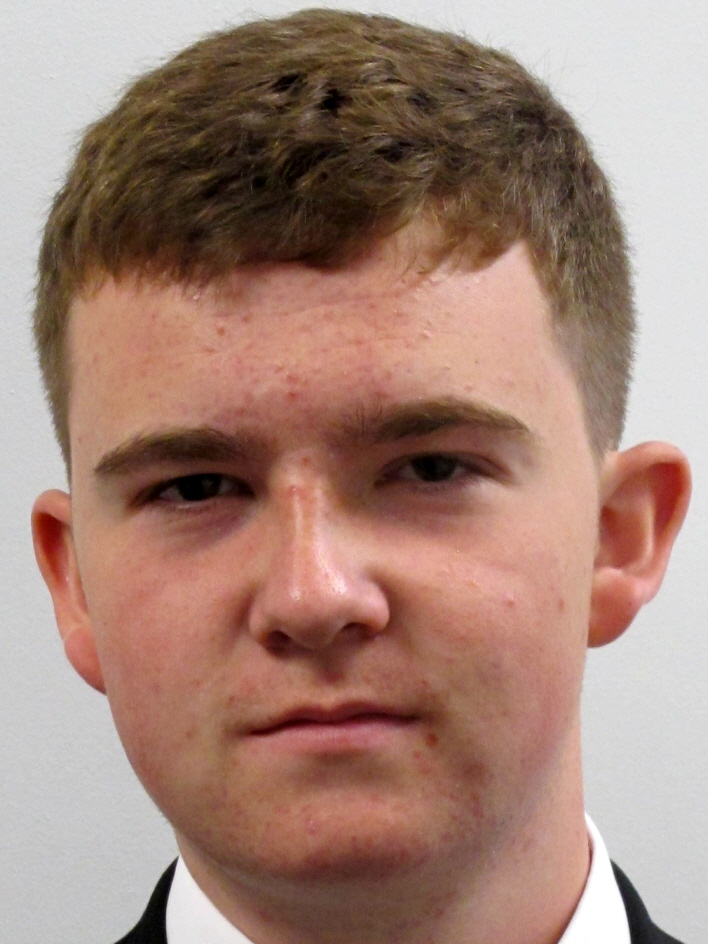
William Tittensor
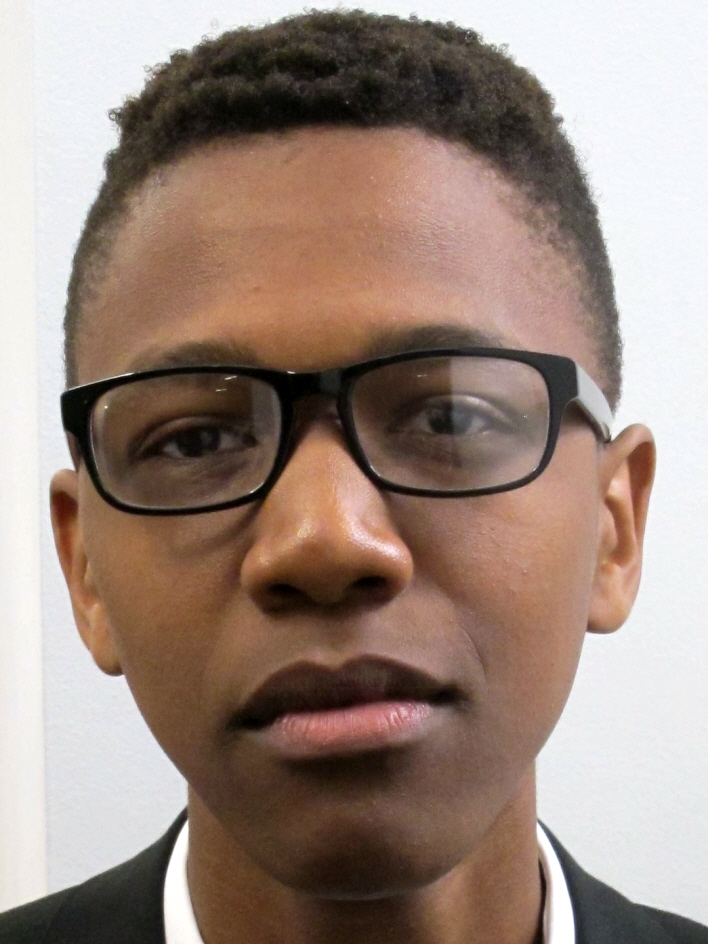
Ndlela Sibanda
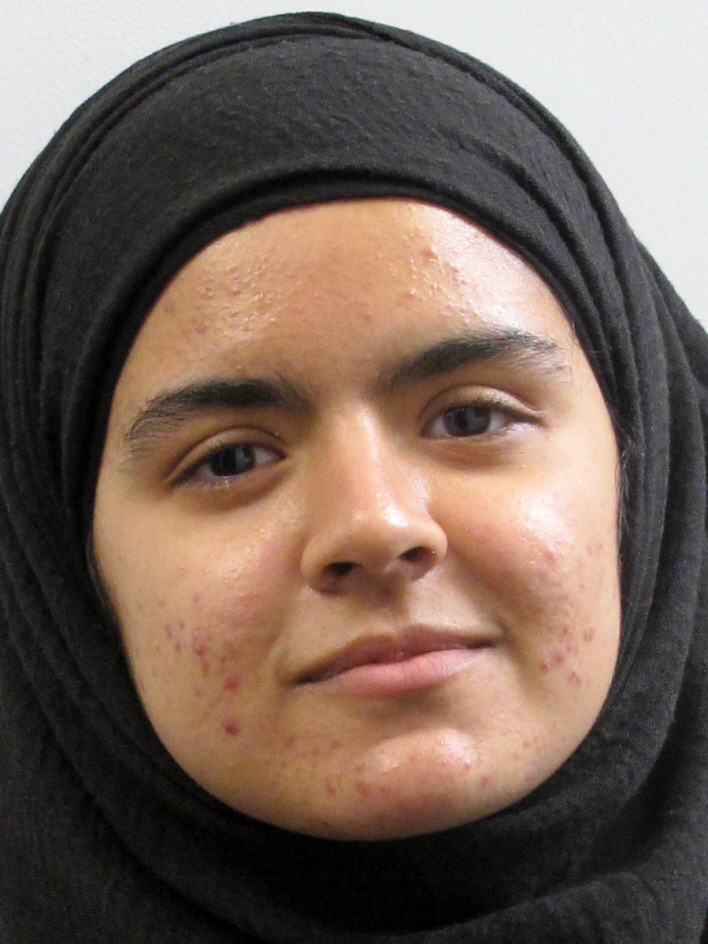
Wajeeha Manal
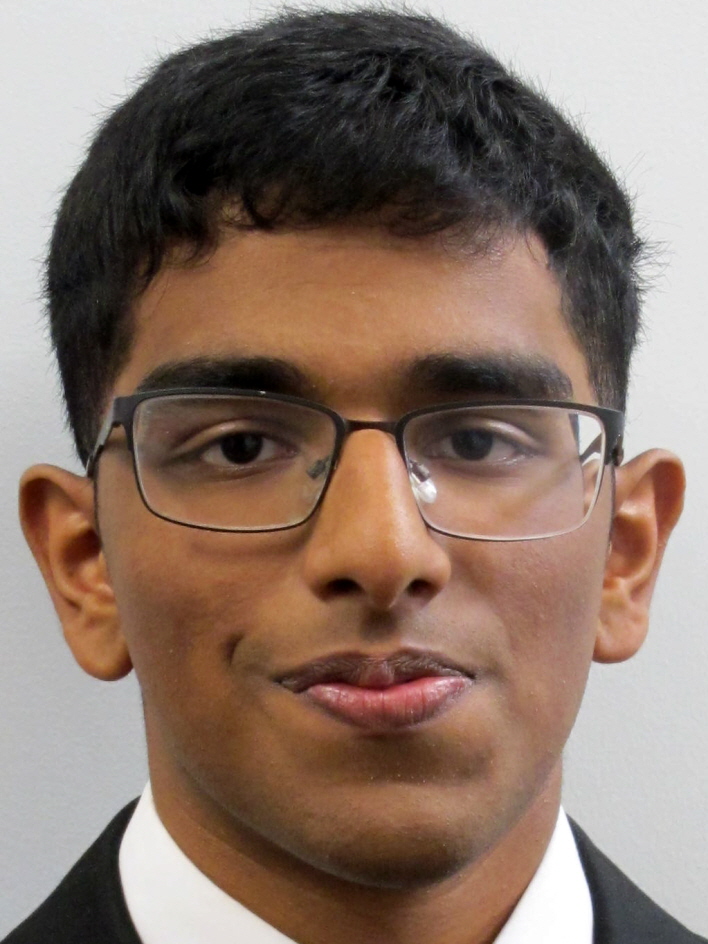
Biben Benny
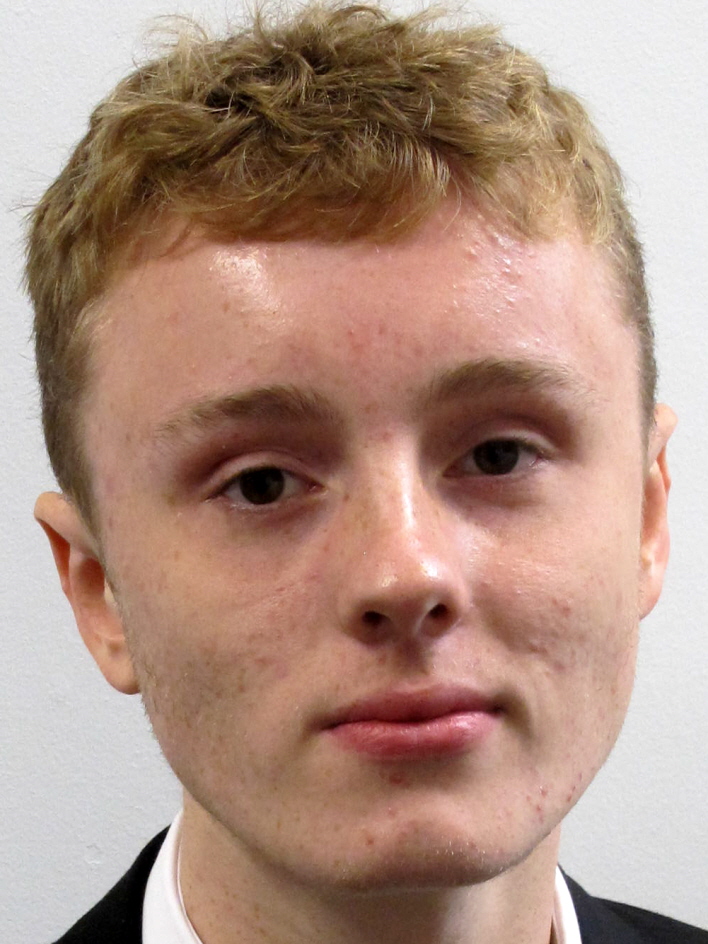
Luke Johnson
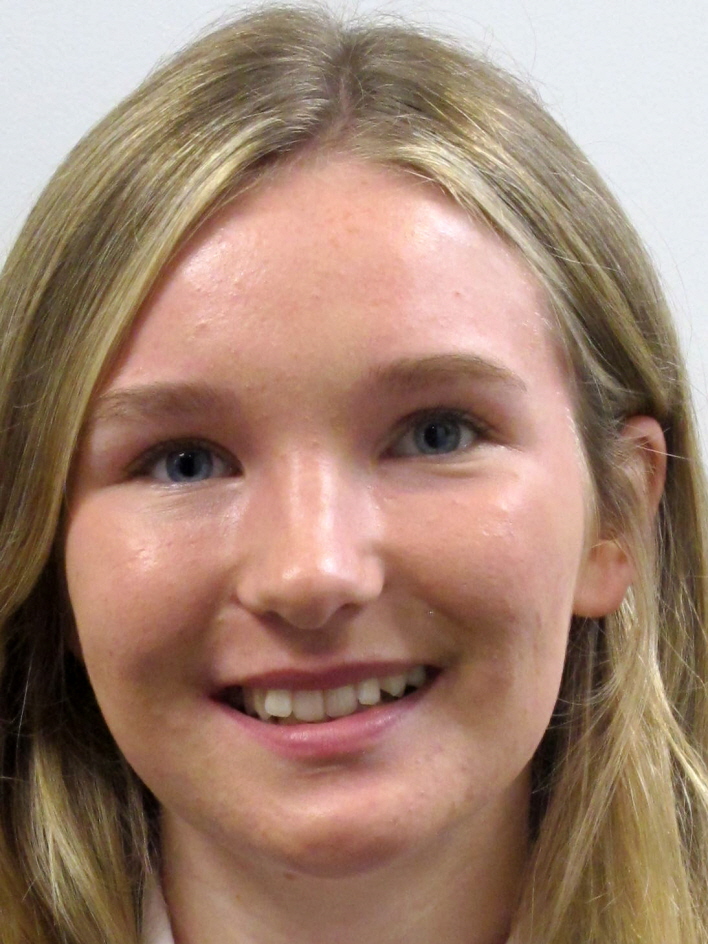
Georgina Hull
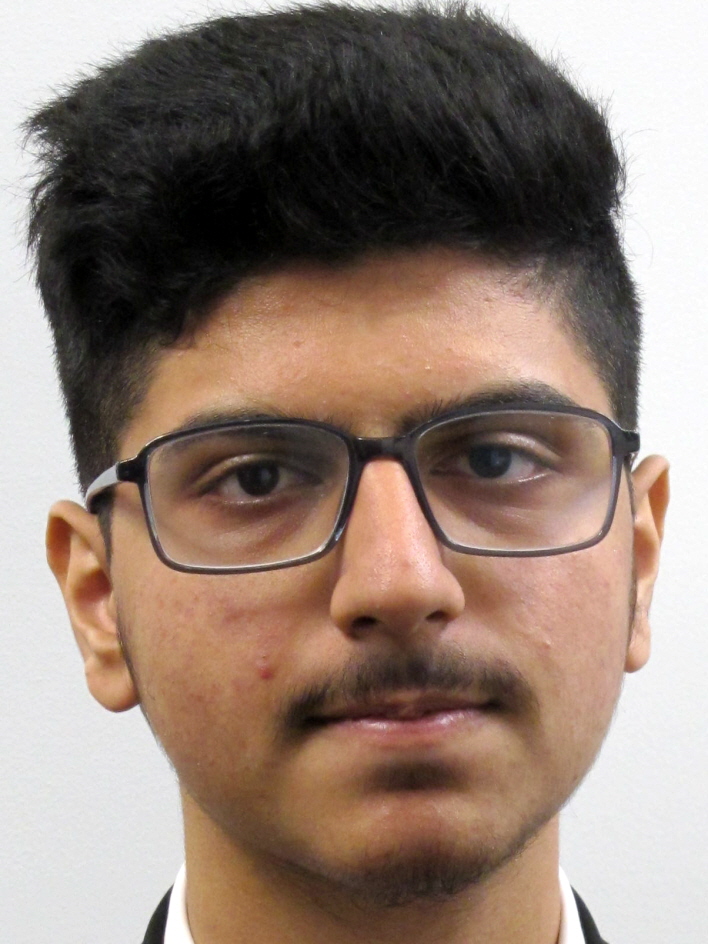
Hamdh Wahab
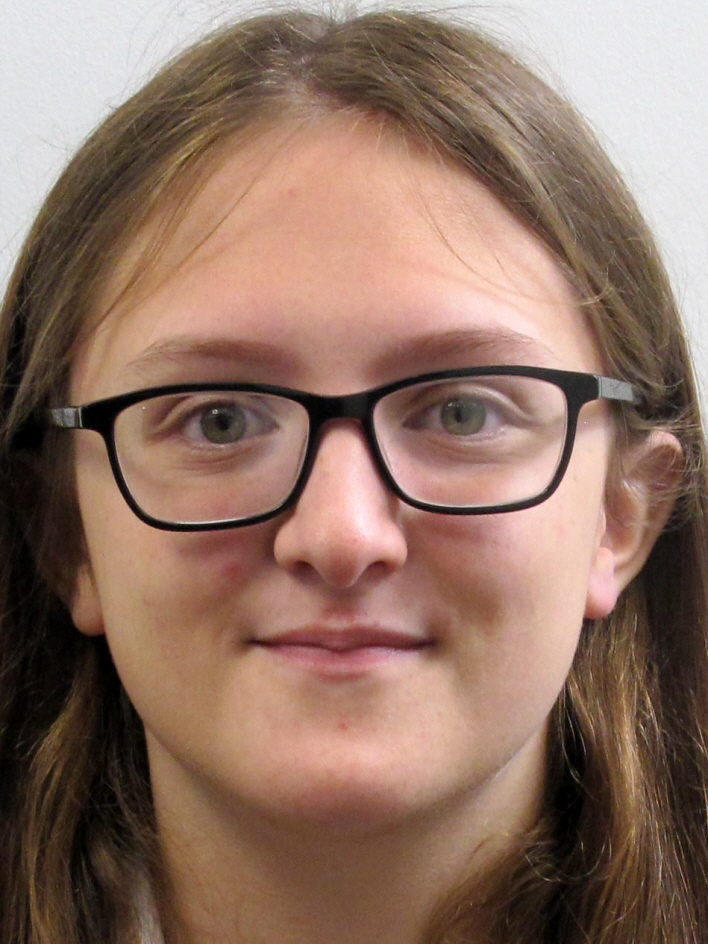
Jessica Dawson
Best ever GCSE results!
95%
Of our students achieved English and mathematics GCSEs at grades 4 or greater (secure pass).
79%
Of our students achieved English and mathematics GCSEs at grades 5 or greater (good pass).
45%
Of all grades achieved at GCSE were grade 7 or higher.
44%
Of our students achieved grade 7 or higher in 5 or more GCSE subjects.
95%
Of our students were entered for the EBACC
OUTSTANDING
St. Joseph’s College is graded ‘Outstanding’ by Ofsted.
